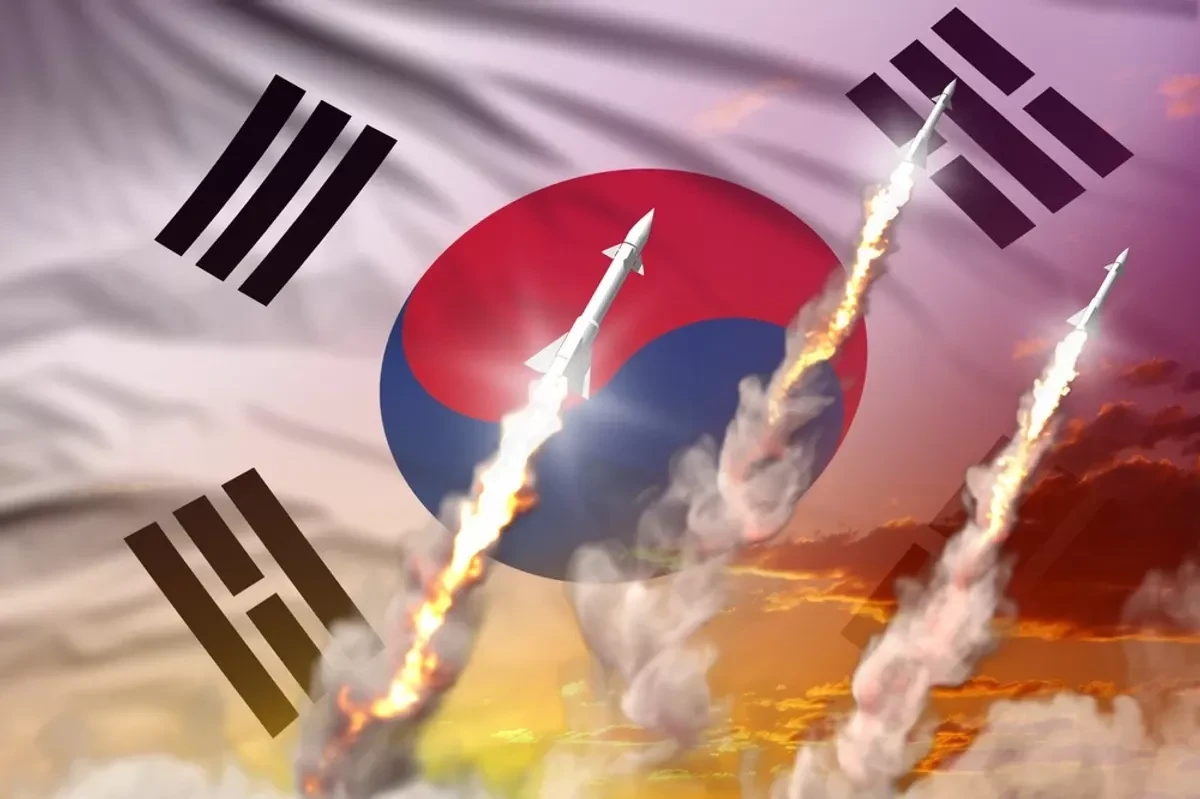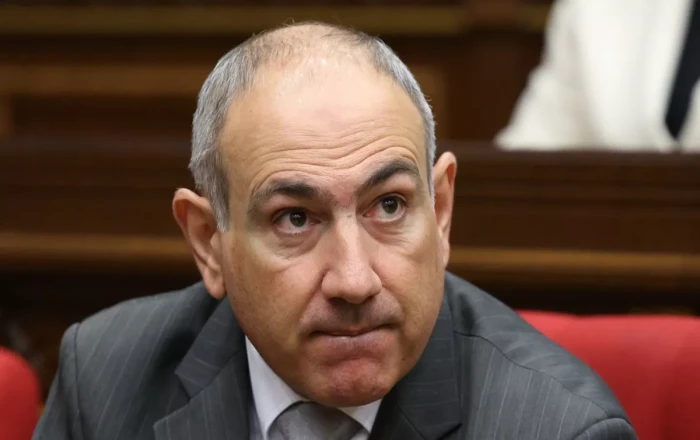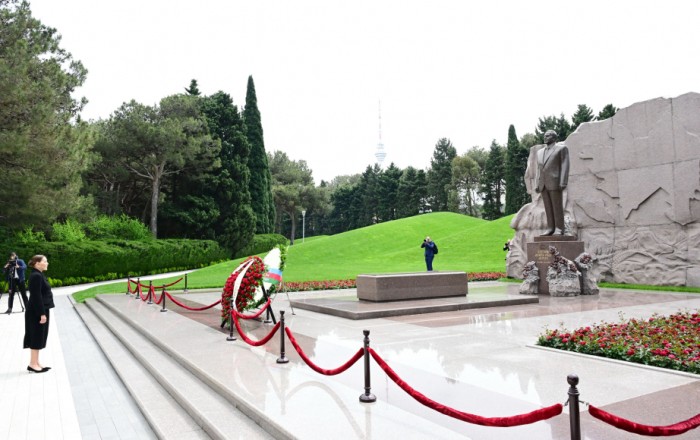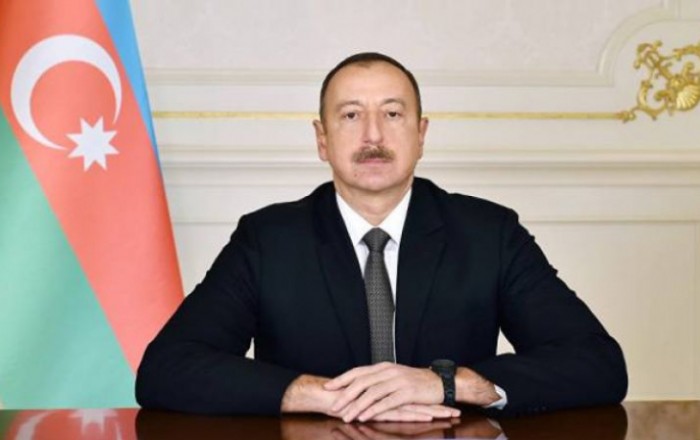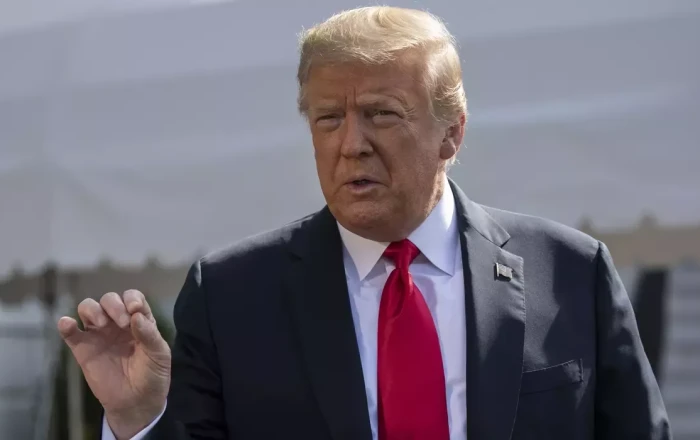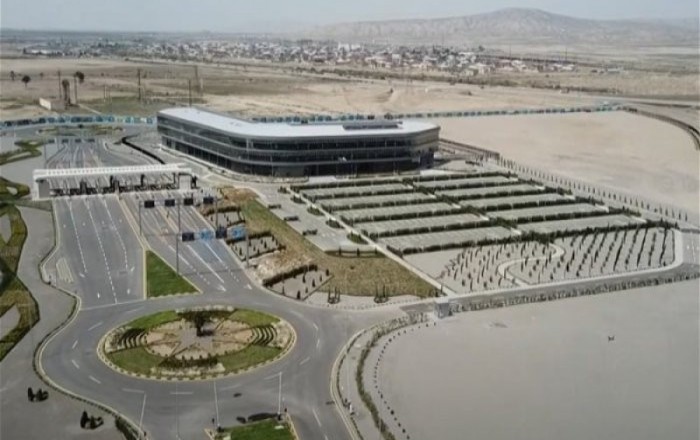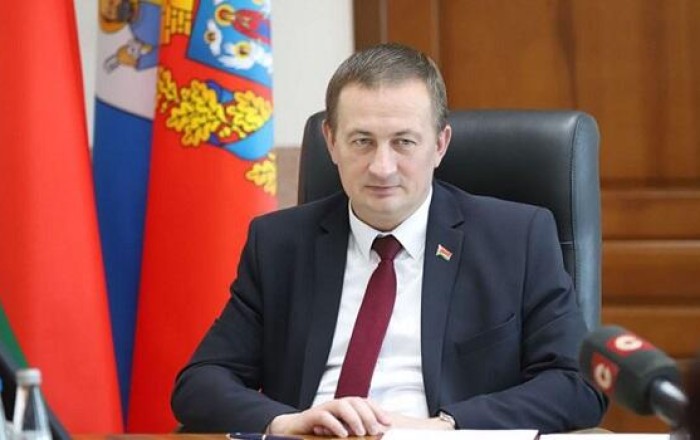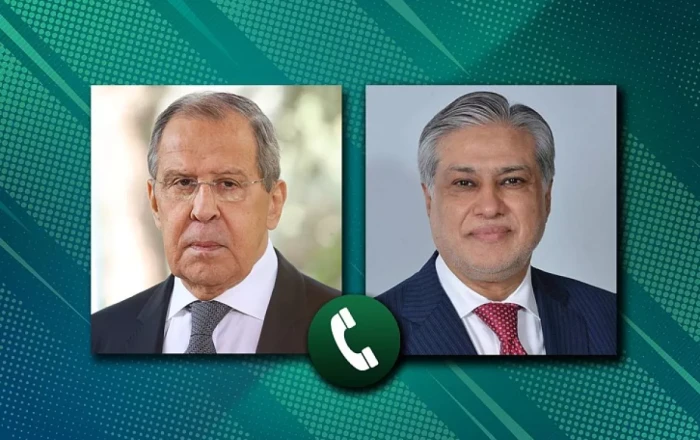Just hours into his second term, US President Donald Trump alarmed security officials in Seoul by formally referring to North Korea as a "nuclear power," breaking with longstanding US precedent and suggesting a possible policy shift away from denuclearisation. South Korea responded swiftly and significantly: Foreign Minister Cho Tae-yul stated it was now "not off the table" for Seoul to develop its own nuclear weapons.
These developments have reshaped South Korean security discourse. “Since 2022, the nuclear taboo in South Korea has been broken,” said Cheong Seong-chang of the Sejong Institute, pointing to both the war in Ukraine and North Korea’s nuclear threats. According to an article by Nikkei Asia, the debate has shifted from redeploying US tactical nukes to developing an indigenous arsenal as a result.
In early March, Trump deepened global concerns by halting all US military aid to Ukraine after a contentious Oval Office meeting with President Volodymyr Zelenskyy, unsettling NATO allies and casting doubt on US defence commitments worldwide.
North Korea’s increasing cooperation with Russia further complicates the picture. Since late 2023, North Korean forces have reportedly been deployed in Ukraine to assist Russia’s war effort, giving Pyongyang a chance to test weapons and gain combat experience that could influence future conflicts in northeast Asia.
Even before Trump reignited tensions by urging South Korea to pay more for US protection, public sentiment had already shifted. A 2024 Korea Institute for National Unification (KINU) poll found that 45% of South Koreans favoured developing nuclear weapons over relying on US military bases—surpassing support for American troop presence, which stood at 40%. While concerns remain, public support for nuclear armament is strong and consistent, with surveys typically showing 60–70% approval. South Korea's nuclear ambitions date back to the 1970s, when it briefly pursued a covert program. Today, the push has regained momentum as North Korea's arsenal grows; Pyongyang is now believed to possess at least 50 warheads, with projections pointing to further expansion.
Trump’s new administration has yet to clearly state its stance on South Korea developing nuclear weapons, but it includes key figures like Pentagon policy chief Elbridge Colby, who has previously expressed support for such a move. The article recalls that Trump himself, prior to his first term, suggested that both South Korea and Japan might be better off developing their own nuclear deterrents.
North Korea has consistently denounced any discussion of South Korean nuclear armament, calling it a “farce” orchestrated by “conservative traitor groups” and warning it could trigger a “nuclear disaster” on the peninsula. Yet some analysts believe Pyongyang may privately see strategic advantage in such developments, as they could fracture the global nonproliferation regime and take denuclearisation talks off the table entirely.
Experts caution that the consequences of South Korea going nuclear would be far-reaching. Japan might respond by developing its own arsenal, potentially igniting a regional arms race. Meanwhile, China—already angered by South Korea’s 2017 deployment of US missile defence systems, which led to sanctions costing Seoul an estimated $7.5 billion—would likely respond even more aggressively to any move toward nuclear armament.
By Nazrin Sadigova
Source: caliber.az


